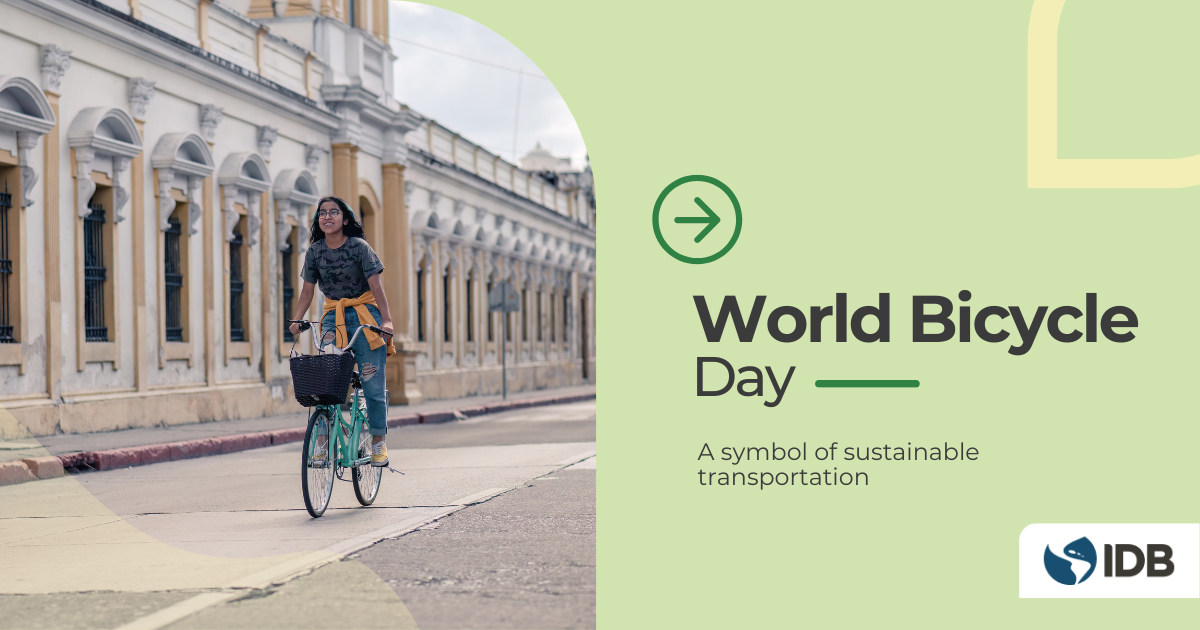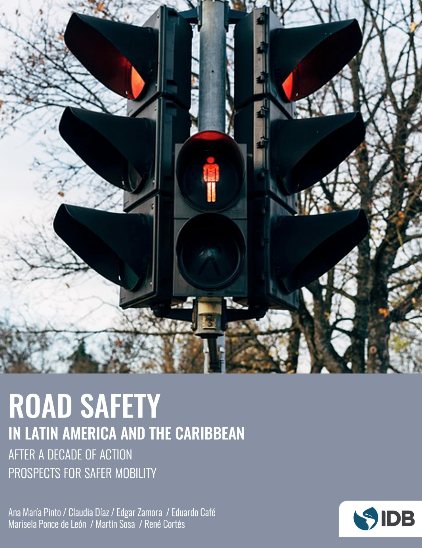The bicycle has stood as a symbol of human ingenuity for two centuries, embodying simplicity, affordability, reliability, and environmental sustainability. This two-wheeled marvel continues to play a vital role in fostering environmental stewardship and promoting health, making it an unparalleled mode of transportation in the modern era.
A Tool for Development and Climate Impact

Bicycles are more than just a mode of transportation; they are powerful tools for development that allow users to access schools, workplaces, and essential services through a reliable and cost-effective means of travel. In many developing countries, cycling to work is often associated with poverty and limited financial resources. However, this perception overlooks the broader socio-economic benefits of bicycles as they provide a practical solution to transportation challenges.
The bicycle is a powerful symbol of sustainable transportation. Its use conveys a positive message about sustainable consumption and production, highlighting its significant impact on climate change mitigation. Bicycles produce zero emissions, making them one of the most eco-friendly transportation options. Their widespread adoption can substantially reduce greenhouse gas emissions, a crucial step in addressing the global climate crisis.
Urban Planning and Road Safety
Integrating bicycles into public transportation systems presents an opportunity to create more efficient and low-emission modes of transportation. Urban planning and the development of quality, reliable, sustainable, and resilient infrastructure are crucial to encouraging the use of bicycles. Cities that prioritize cycling infrastructure, such as bike lanes and bike-sharing programs, not only enhance mobility but also contribute to the overall well-being of their residents.
Road safety is a critical component of promoting bicycle use. The flagship publication on “Road Safety in Latin America and the Caribbean: After a Decade of Action Prospects for Safer Mobility” underscores the importance of systemic work on road safety to protect lives. Additionally, local governments can effectively address urban road safety challenges with the help of this publication, which allows them to comprehensively address urban road safety challenges by highlighting why it is essential to have a road safety plan and by offering concrete tools for its design, implementation, and evaluation.
Global Call to Action
On World Bicycle Day, we recognize the many benefits of biking. There is a global call to action to integrate bicycles into public transportation systems. This initiative should extend to urban and rural settings in developing and developed countries. Strengthening road safety by local authorities and encouraging the use of bicycles can significantly increase trips to schools and workplaces, contributing to sustainable development and reducing greenhouse gas emissions.
With its unique combination of affordability, versatility, and sustainability, the bicycle remains a cornerstone of modern transportation. We can unlock numerous environmental, economic, and health benefits by embracing and promoting bicycling. Governments, urban planners, and communities must work together to create a world where bicycles play a central role in achieving sustainable development and combating climate change.



Leave a Reply